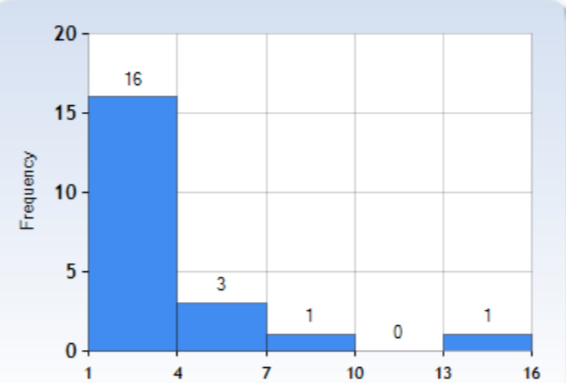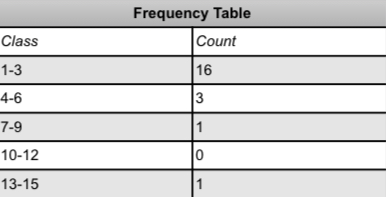One_and_Done wrote:1. Luka (2022)
2. Nash (2007, 05, 06)
3. Harden (2019)
4. Butler (2023)
HM: T-Mac, AD, Tatum, Dwight
In terms of Luka, the argument is pretty clear. The guy basically carried a fairly solid-ish support cast to the finals, and only lost because his team was totally outgunned (and because he was hurt). If Luka had been healthier in 2024 I’d have that as the year to vote for him, but he was sufficiently banged up in the playoffs for it to be a demerit. I’ll take the younger and springier Luka from 2022, who “only” got them to the WCFs.
In terms of skillset, Luka is way above guys like Kobe. He runs an offense, which Kobe can’t, and he can score and set up guys in a way that is levels above Kobe, a guy who bizarrely got in already. Ok, Luka’s defence isn’t good, but you can get away with that when you’re point guard. Kobe’s D was overrated and average after 2004 anyway.
Looking at numbers, it’s not even close.
Luka 22 RS: 40/13/12 per 100, on 571 TS%
Kobe RS 09: 38/7/7 per 100, on 561 TS%
Luka 22 PS: 45/14/9 per 100, on 577 TS%
Kobe PS 09: 39/7/7 per 100, on 564 TS%
It’s not even close. Luka is a guy who will elevate a bad team more, and raise the ceiling of a good team higher as well.
The other 3 are fairly straightforward. Like Luka, Nash and Harden are heliocentric offensive players, who elevate your offense to an elite level, which is one of the most important skills in basketball (alongside anchoring an elite defence). It probably sounds strange to call Nash heliocentric, given he didn’t “score” in volume, and he is different to Harden and Luka, but he still controlled the Suns offense, and their horrific record in his absence shows how much he was elevating them.
Harden’s stats drop in the playoffs, but they merely drop from his absurd level. His playoff numbers are still better than guys who already got in, like Kobe. Take Harden’s insane 2019 season, which won’t be a common choice because the team around him wasn’t as good, but that wasn’t his choice.
Harden 2019 RS: 48/9/10 per 100, on 616 TS%
Harden 2019 PS: 41/9/9 per 100, on 567 TS%
Kobe wishes he had numbers like that. The Rockets were often carried by Harden with some pretty meh support casts too. His impact on their success was obvious. Take the 2015 Rockets. Their starters next to Harden were Ariza, Montiejunas, Dwight (only played 41 games), and Pat Bev (only played 56 games), with Terrence Jones sucking up the missed time from Dwight. That is a team that had no business winning 56 games.
As for Jimmy, he is giving you enough of Kobe’s scoring, on better efficiency, but is supplementing that with elite D, and a vastly better floor game, that just leads to more winning. I’m not entirely sure why we’d focus on things like “ppg” in 1 series is a sensible response.
Sometimes stats aren’t everything, because volume stats can’t always capture the impact a guy is having. That said, when you look at say Jimmy Butler’s 2022 playoffs it looks better than Kobe’s 09 playoffs.
Butler 22 PS per 100: 38/10/6, on 604 TS%
Kobe 09 PS per 100: 39/7/7, on 564 TS%
Even raw numbers, which don’t capture Butler’s D and floor game, seem to favour him.
Butler’s absurd carry jobs are being too quickly forgotten. All three of his playoff runs, in 20, 22, and 23, were absurd. He took a starting group of Gabe Vincent, Max Struss, old Kevin Love, and Bam, to the finals. That’s ridiculous.
Butler’s impact on those teams is borne out by the win loss record also. From 20-23 the Heat were 144-81 with Butler, and only 37-41 without him. I’m going with 2023 Butler to account for injuries, even though he was a bit banged up by the finals, just because 64/82 games is enough, given all he did in the playoffs. His 2020 health is better than you think too, given there was a shorter season, he actually played 58/73 games.
Butler’s stats don’t jump off the page as some do, although as I noted above he sure looks comparable to someone like Kobe per 100, but his impact does. Stats don’t always capture stuff like your floor game, or defence, or the little things like intangibles, but it was very clear Jimmy had all those.
I genuinely laughed at the fact that your voting post in this thread still mentioned Kobe a dozen times.
Anyways, aside from the Kobe comedy, I will say that your mentions of Butler in these threads have got me thinking about him more, and I think he will eventually make my ballot in this project, and he probably wouldn’t have otherwise been on my radar that much. I don’t actually even think it’s absurd to vote for him in this thread, though I’m leaning against doing so myself.














